Beginnings on the Edge of Lakeland
Lakeland Square Mall opened in 1988, developed by the Edward J. DeBartolo Corporation in collaboration with Homart Development Company as a one-floor enclosed shopping center.
Anchors at the opening included Mervyn's, Sears, and Belk, with Maison Blanche joining soon after. Together, they created the county's first full mix of department stores under one roof.
The property offered about 4,500 parking spaces and room for 92 stores. Positioned directly on Interstate 4, the mall was marketed as a convenient stop for travelers moving between Tampa and Orlando, while also serving as a new hub for residents of Polk County.
Public transit was also available, with Citrus Connection bus routes 1, 15, 47, and 61 making the mall accessible without a car.
For Lakeland itself, the change was striking. Compared with the smaller shops downtown, the mall introduced a climate-controlled, modern retail space that concentrated national chains in one place.
By the end of 1988, it had become one of two enclosed malls in Polk County.
It quickly became a weekend destination, not only for shopping but also for meeting friends, eating out, and spending time indoors during Florida's hot summers.
Early Expansions and Growth
By 1990, JCPenney joined as a fourth anchor alongside Sears, Belk, and Mervyn's, attracting shoppers with its reputation for affordable apparel and home goods.
In 1994, Burdines relocated from downtown Lakeland to the mall, expanding the chain's sales floor within the enclosed center.
The move left a major retail space downtown and shifted much of the city's shopping activity toward the mall.
Management changed in 1995 when General Growth Properties acquired Homart Development Company, which took over the operations of Lakeland Square Mall.
General Growth, which oversaw dozens of malls nationwide, brought standardized management practices and broader leasing strategies to the property.
In 1997, Dillard's replaced Mervyn's after the West Coast chain exited Florida, introducing a new department store option from its Arkansas base.
Shoppers now compared Dillard's and Belk's clothing selections directly. At the same time, JCPenney and Burdines competed for apparel and home goods sales under the same roof.
These changes in the 1990s drew more traffic to the enclosed center, consolidating department store competition inside Lakeland Square Mall.
The Burdines–Macy's Era and New Anchors
In 2004, Burdines adopted the transitional Burdines-Macy's name as part of a statewide rebranding effort overseen by Federated Department Stores.
By 2005, the Burdines banner had been retired, and the Lakeland Square Mall store operated exclusively as Macy's.
Later in 2005, Belk closed its Lakeland Square Mall location after relocating to the newly built Lakeside Village. This shopping complex attracted both retailers and shoppers with its modern, open-air format.
In fall 2007, Burlington Coat Factory opened in the space vacated by Belk, introducing an off-price model that focuses on discount apparel and home goods.
Unlike Belk's traditional department store format, Burlington appealed to value-driven shoppers and reflected a wave of expansion by discount retailers.
At the same time, Macy's represented Federated's nationwide strategy of consolidating regional names under a single brand.
Together, these moves shifted the mall's anchor base toward a combination of national department stores and discount chains.
By the close of 2007, Lakeland Square Mall's anchor lineup featured a mix of long-standing department store banners and newer off-price entrants, marking a contrast in retail styles under the same roof.
Shifting Anchors and Redevelopment
In 2012, Dillard's consolidated its operations at Lakeland Square Mall, closing its older store and moving into the former Maison Blanche anchor location.
That same year, the vacated Mervyn's space, later used by Dillard's, was demolished, clearing ground for a new phase of redevelopment on the property.
Construction brought a 12-screen Cinemark Theatres complex, which added an entertainment anchor unlike any the mall had hosted before.
The cinema changed visitor patterns, drawing families during evenings and weekends when traditional retail activity was slower.
In 2013, a Sports Authority store opened next to the theater, occupying the remaining portion of the redeveloped anchor footprint.
The arrival brought a national sporting goods chain into a market that had previously relied on smaller local outlets for athletic apparel and equipment.
This redevelopment signaled that entertainment would become part of the mall's long-term survival strategy, not only a one-time replacement for a vacant anchor.
By the end of 2013, Cinemark Theatres and Sports Authority were anchoring one side of the complex, bringing new categories of tenants to the property.
Across the country, enclosed malls were beginning to add entertainment and big-box recreation to offset the decline of department stores, a trend mirrored in Lakeland.
Closures and New Tenants
In 2015, Sears Holdings transferred its Lakeland Square Mall property to Seritage Growth Properties as part of a larger portfolio shift.
Closures soon followed. Sports Authority shut down in 2016 when the chain went out of business nationwide.
Macy's exited in 2017 after nearly thirteen years in the former Burdines space, and Sears closed in 2018 as part of a round of 142 U.S. shutdowns.
Losing two traditional department stores within a year made the mall's decline visible to the community.
New uses began to emerge in the empty boxes. In August 2018, Urban Air Adventure Park opened in the former Sports Authority space with trampolines, climbing walls, and indoor attractions — a sharp contrast to the big-box retail anchors it replaced.
Resale America filled the former Macy's in November 2019, converting the large department store space into a secondhand retail operation.
That same year, Charlotte Russe returned after its bankruptcy, reopening a smaller unit as part of its 100-store comeback plan.
For longtime shoppers, the shift from national department stores to resale outlets and recreation marked a striking change in the mall's character.
By the end of the decade, Lakeland Square Mall's anchors had evolved from a lineup of national department stores to a mix of unconventional tenants.
Recent Changes and Uncertainty
In 2022, Burlington closed its Lakeland Square Mall store and reopened at the Shoppes of Lakeland, located across U.S. 98, adopting an open-air format favored by retailers seeking direct parking access.
By late 2022, five anchors remained active, while two large spaces, formerly occupied by Sears and Burlington, stood empty, illustrating how long-term anchors were giving way to newer formats and redevelopment projects.
The Sears property, which had been closed since 2018, changed hands in September 2023 when Flacks Group purchased it for $4 million as part of a round of acquisitions targeting vacant department store parcels.
The company announced plans to redevelop the site into 320 apartments, featuring designs that include a clubhouse, pool deck, yoga garden, and dog park, as well as potential direct access to the mall.
This marked one of the first attempts to replace a traditional anchor box with residential space in Polk County, reflecting the scale of change that the property was facing.
These years left the mall in a state of transition.
While Spinoso Real Estate Group continued leasing smaller shops, the lack of stable anchors raised questions about whether Lakeland Square Mall would remain a retail hub or evolve into a hybrid center serving new purposes.
Crossroads: 2024–2025
In January 2024, Flacks Group relisted the former Sears parcel with an asking price of $10.9 million, only months after acquiring it in September 2023.
By August 2024, SVN | Saunders Ralston Dantzler began marketing the site for lease, inviting proposals that included pickleball courts, food halls, and entertainment venues.
Resale America, which opened in the former Macy's space, closed in April 2024, leaving the anchor vacant.
On May 31, 2025, Lakeland Police investigated a shooting in the mall's parking lot. The incident highlighted the risks facing a property already struggling with vacancies.
In June 2025, the Smoke & Seafood Festival took place on the mall grounds, featuring food vendors, live music, craft beer, and a teen market.
The event drew a strong turnout, positioning the mall as a venue for both community gatherings and shopping.
By August 2025, Lakeland Square Mall's active anchors included Dillard's, JCPenney, Urban Air Adventure Park, and Cinemark Theatres.
Whether the Sears parcel is developed for residential, recreational, or retail use will define the mall's next chapter.
By mid-2025, Lakeland Square Mall balanced between being a retail center and a flexible community space. At the same time, its vacant anchors remain the biggest uncertainty.

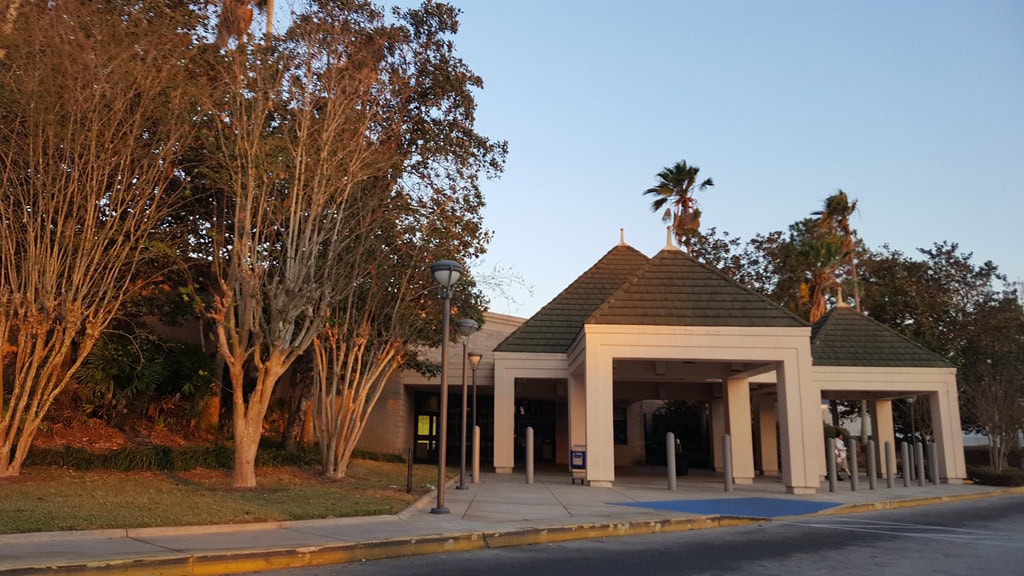
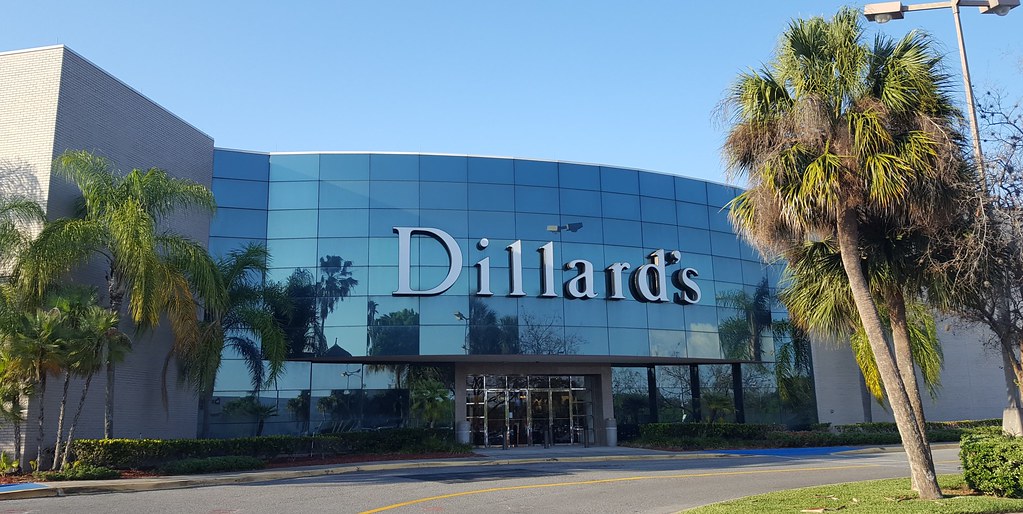
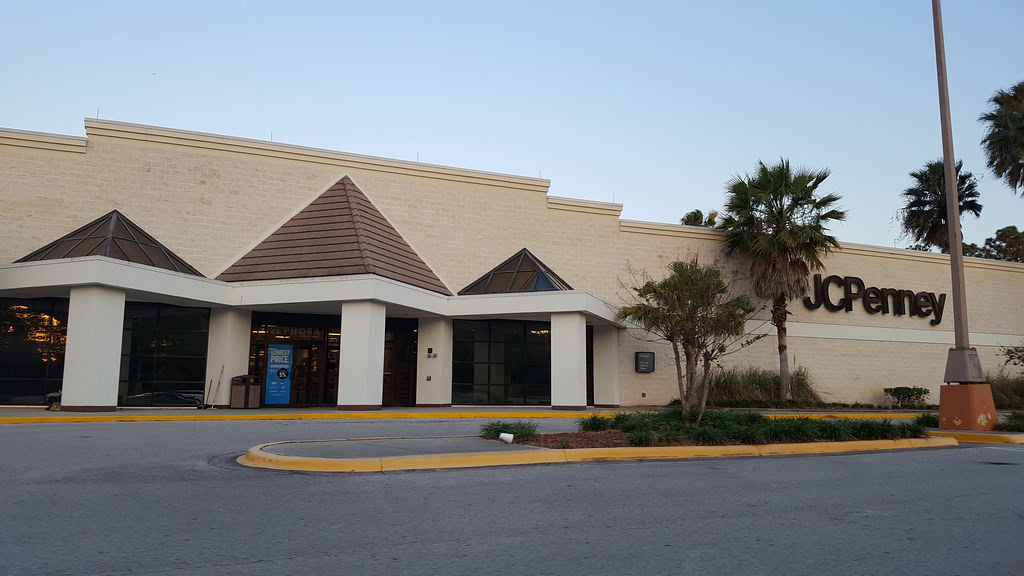
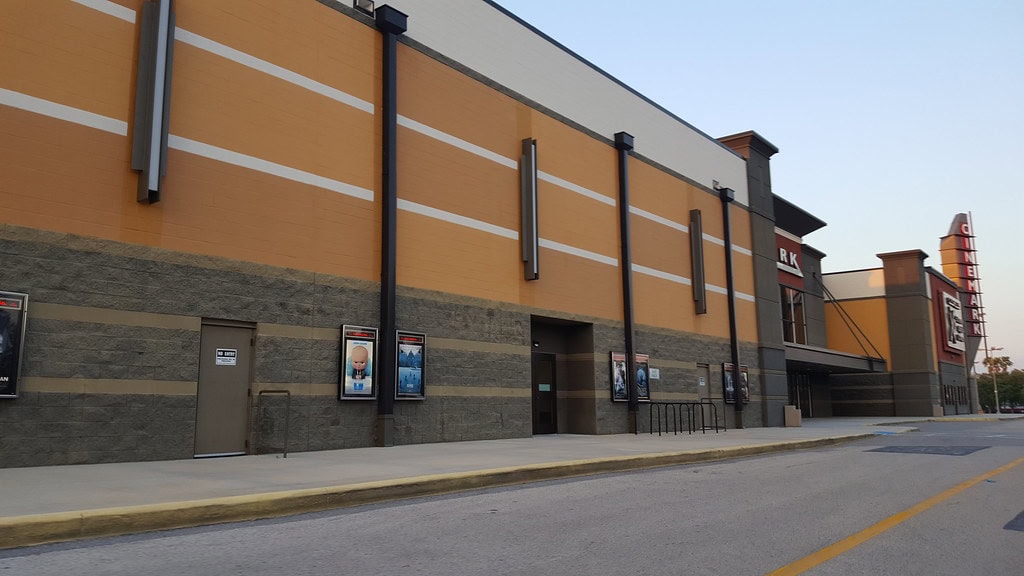
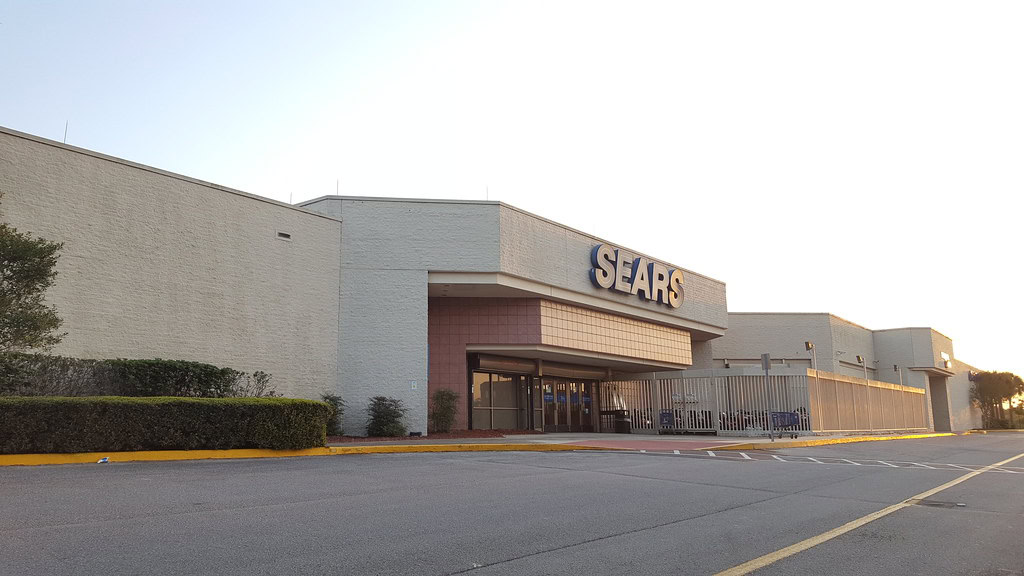
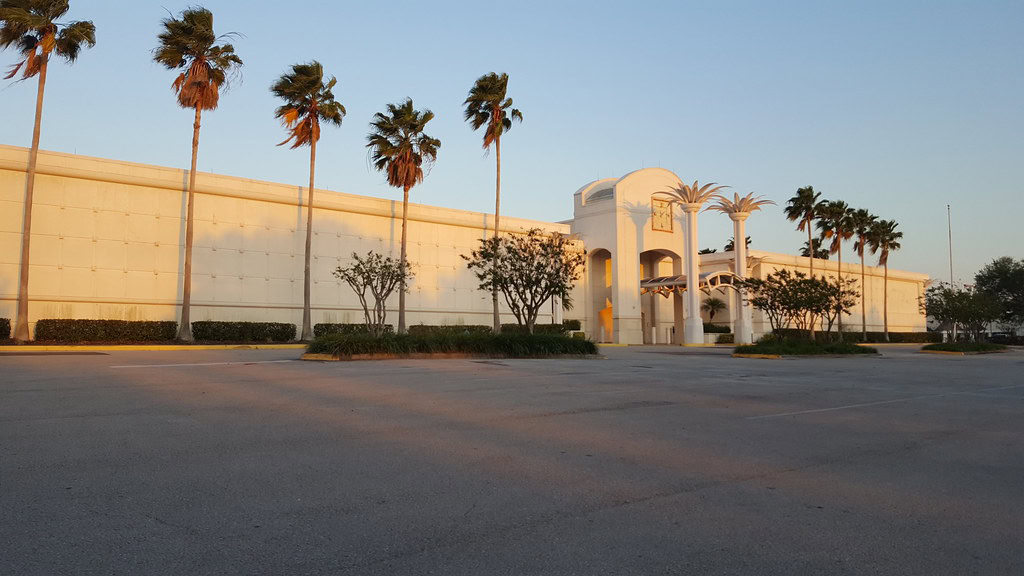
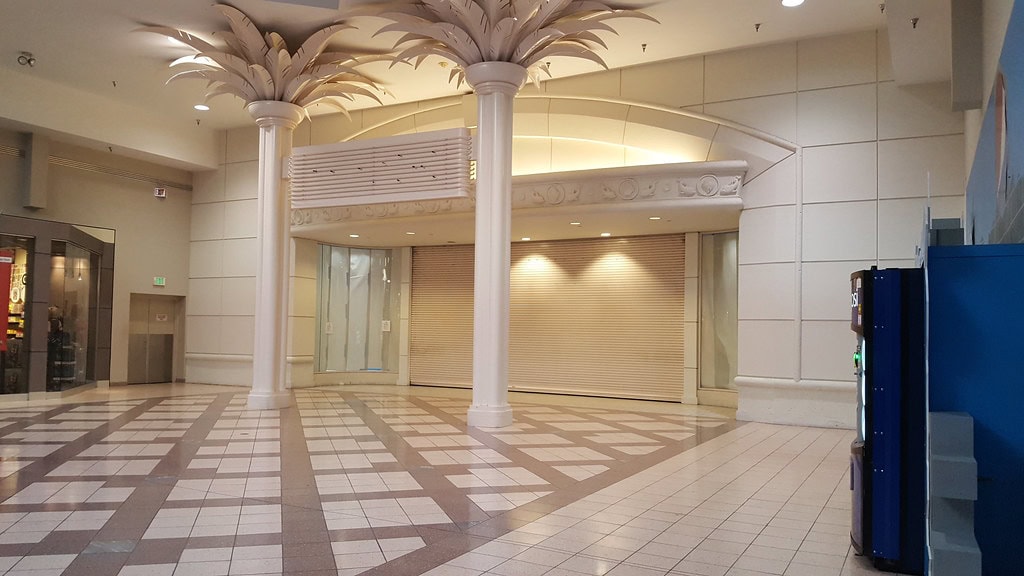
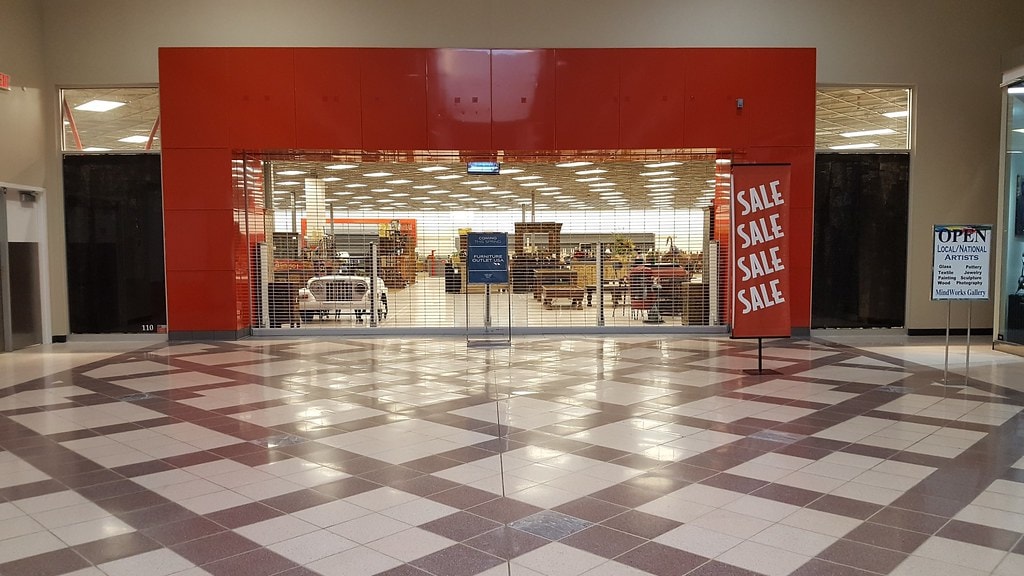
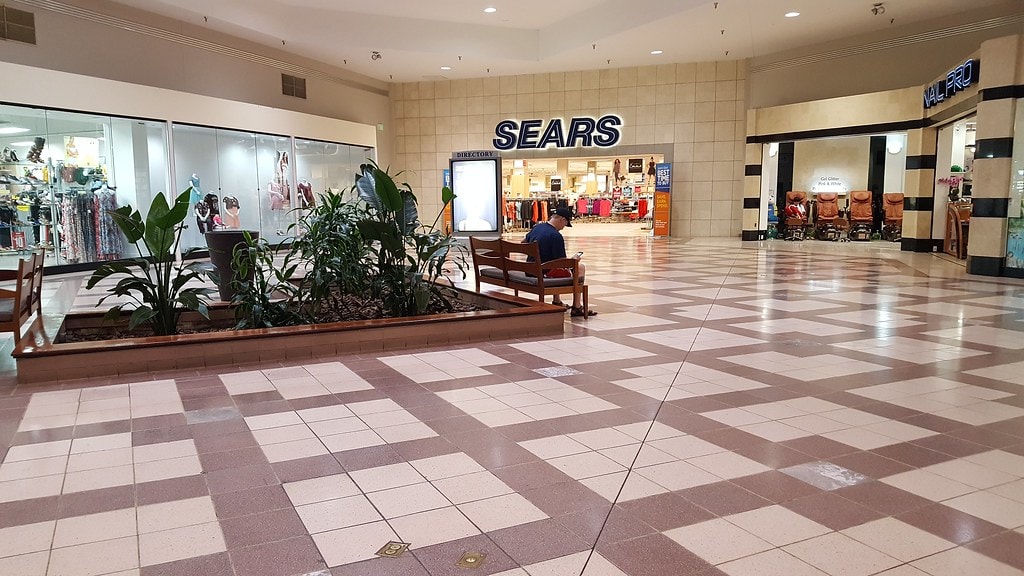
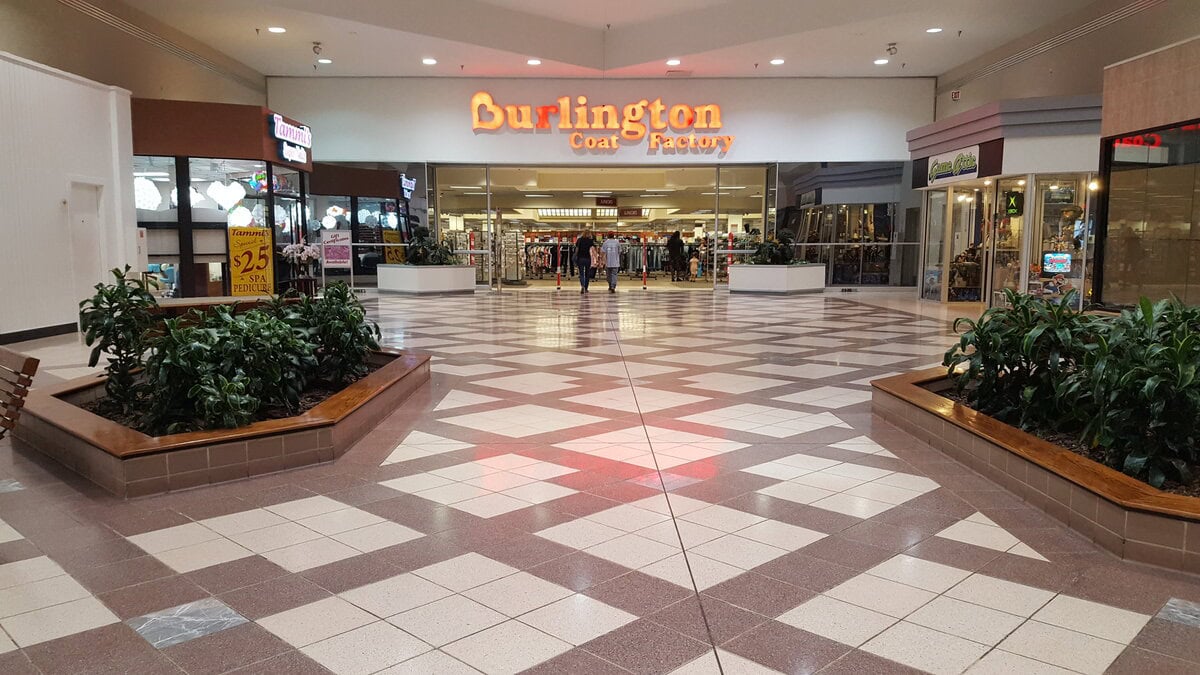
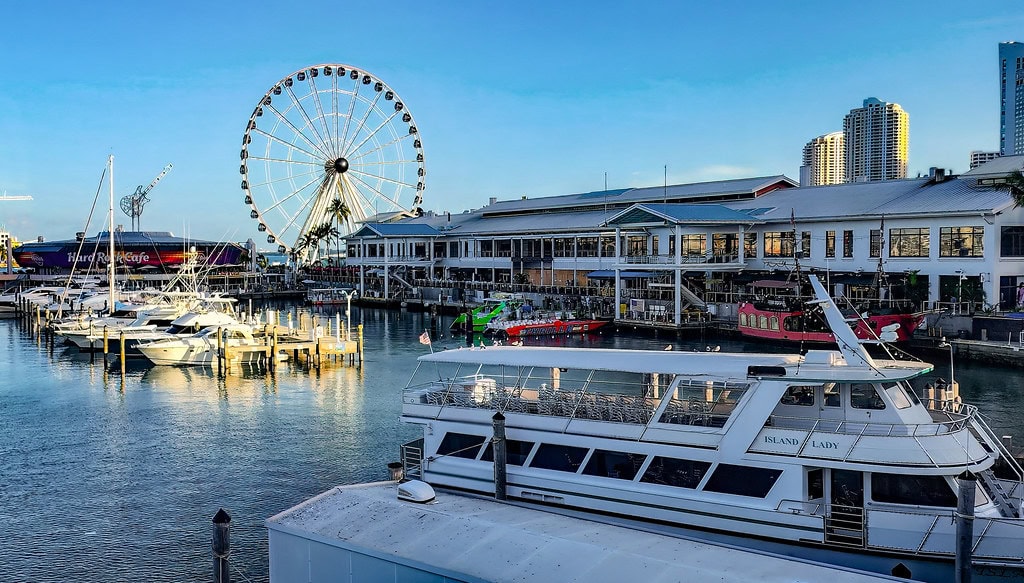
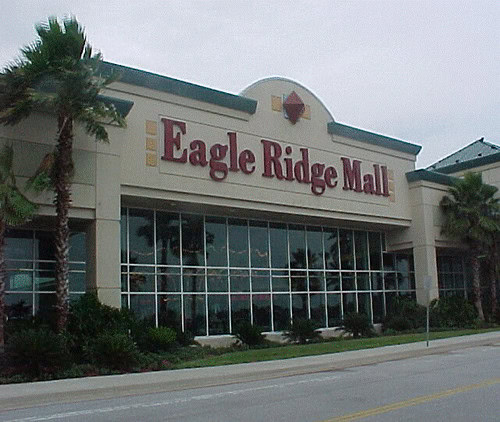
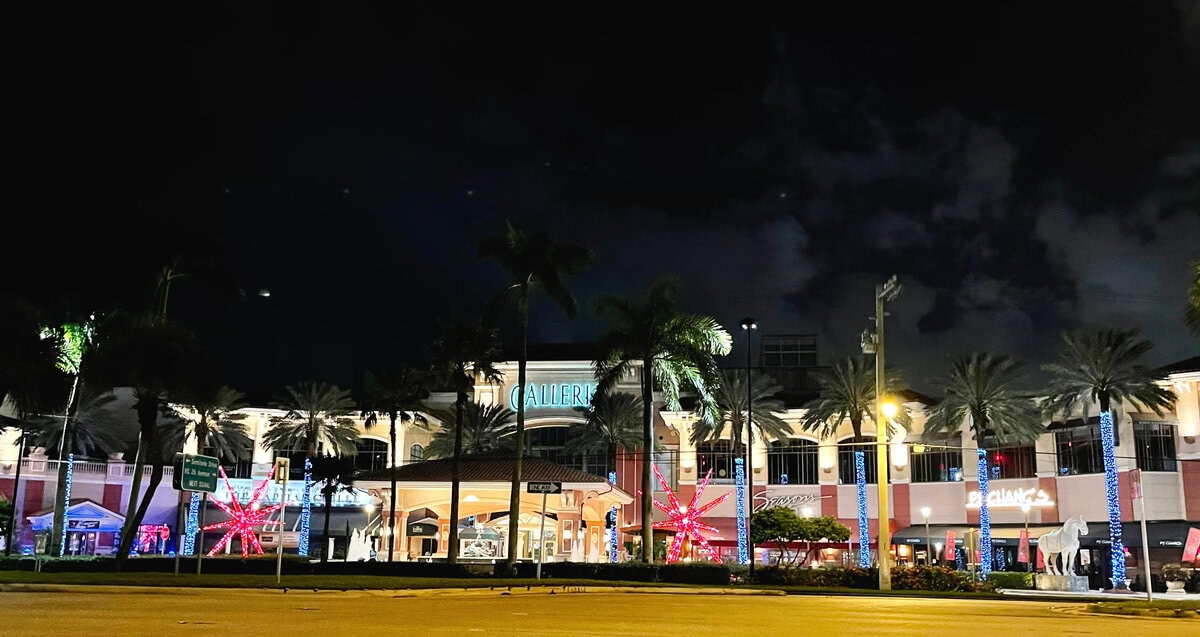
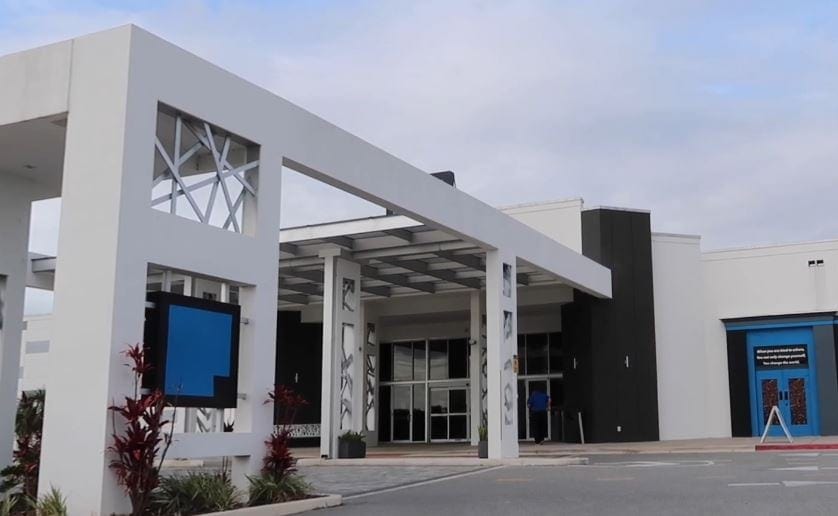
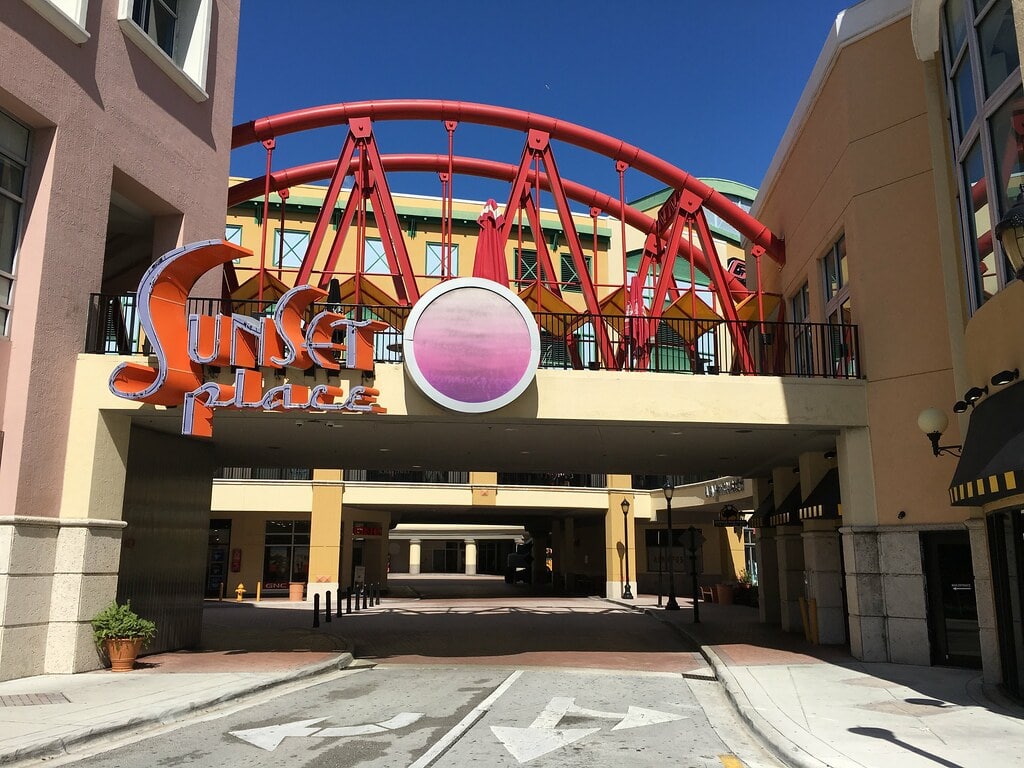
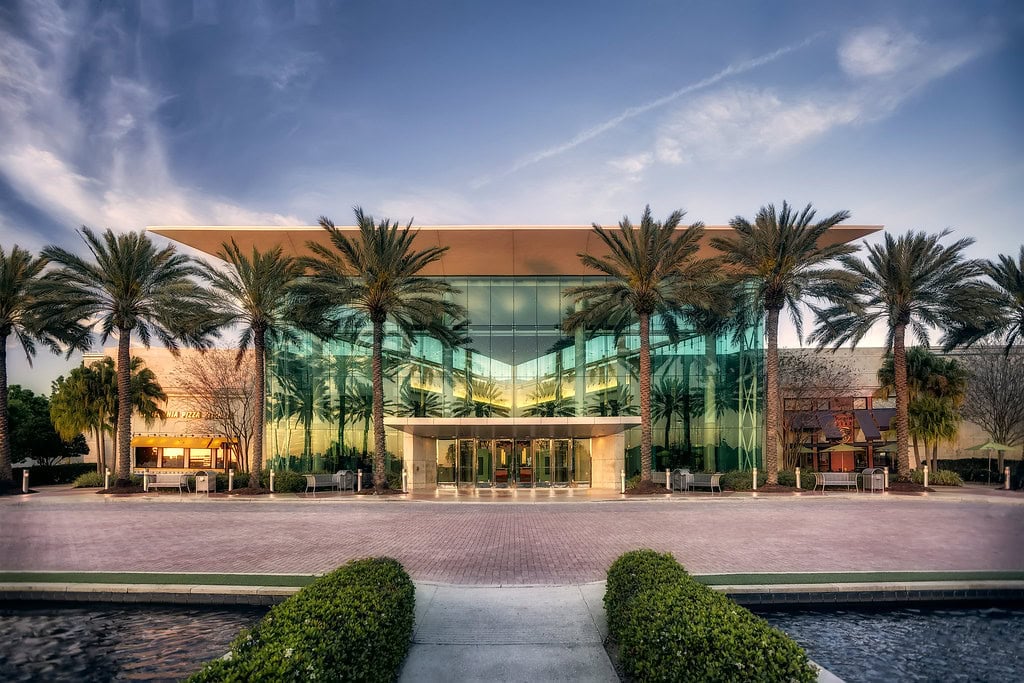
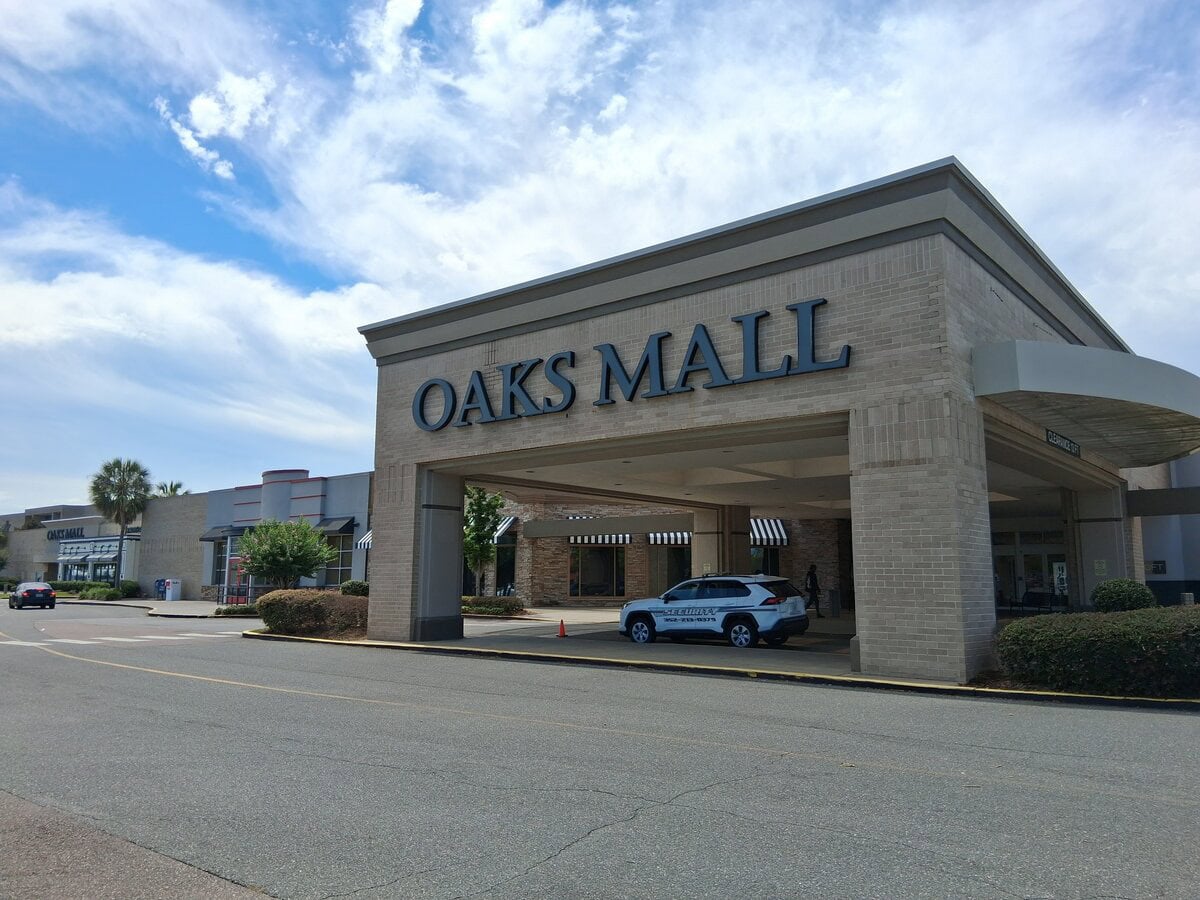
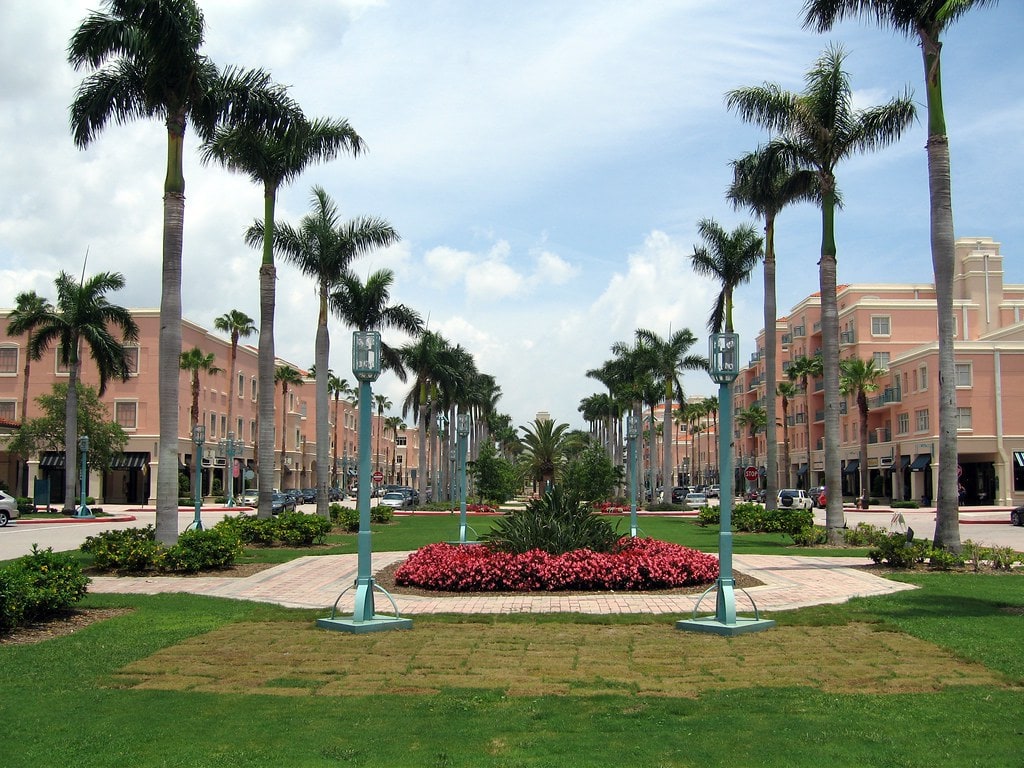
Why did you not mention GnG Delights Caribbean restaurant in the mall. They serve delicious Stew brown chicken, oxtails, jersey pork, escovitch, cabbage as well as tropical drinks. Did you not know they were in the mall? They are 2 spaces away from the Puerto Rican restaurant that also has delicious authentic food.
Thank you for highlighting G&G restaurant at Lakeland Square Mall. It's important to acknowledge all the diverse dining options the mall offers, including delicious Caribbean cuisine. Your mention helps bring attention to these culinary gems.
Turn the mall into a homeless encampment and get the homeless off the streets of Lakelands Munn Park !!!!!
Using vacant properties for transitional housing or shelters has precedent in some places, but it generally requires partnerships, funding, and oversight.